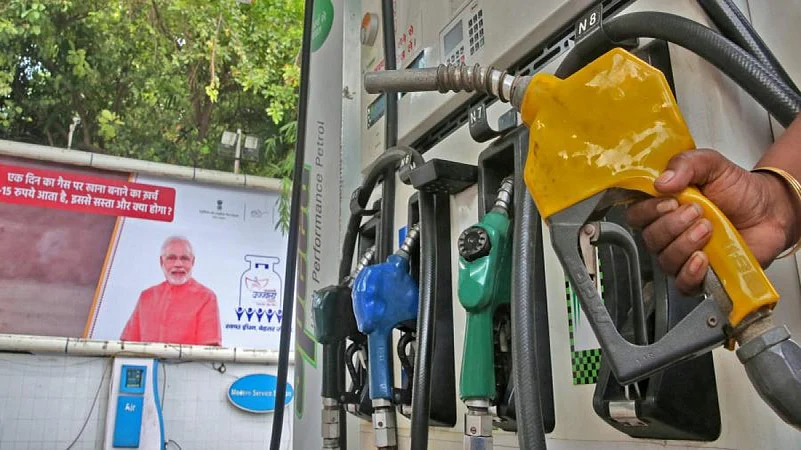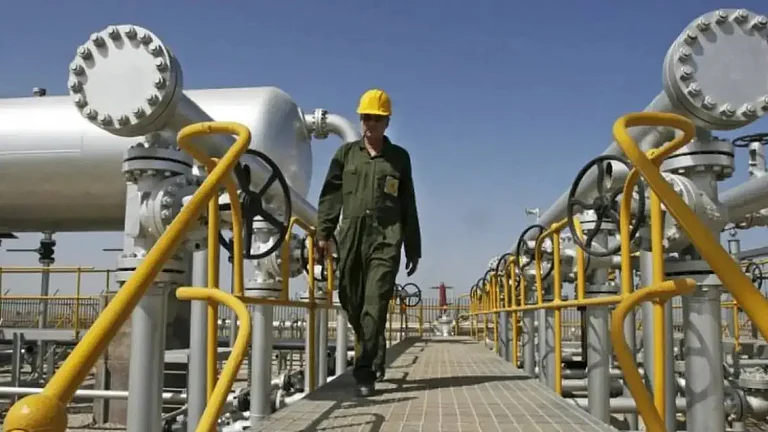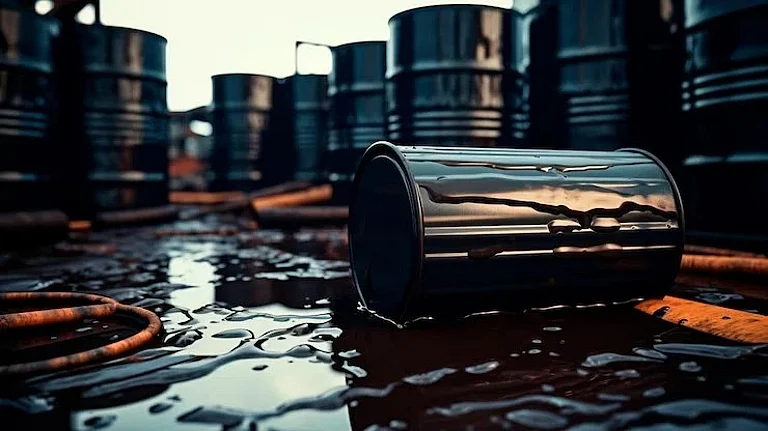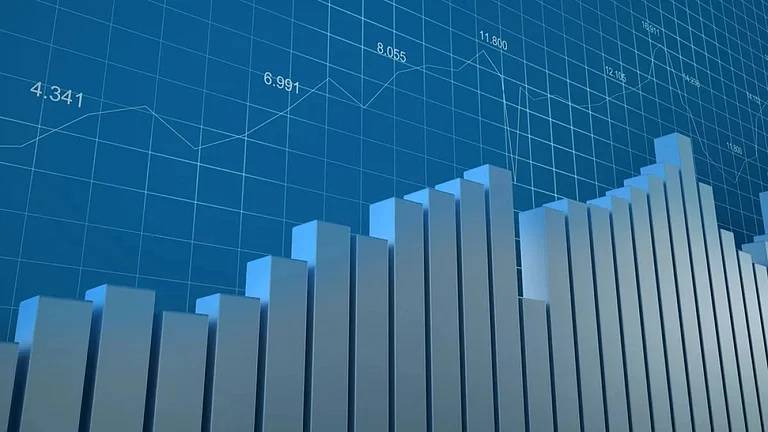Hindustan Petroleum Corporation Ltd (HPCL) will stop buying diesel from companies like Reliance Industries Ltd and Nayara Energy once it completes expansion of its Visakhapatnam refinery in Andhra Pradesh and builds a new one in Rajasthan next financial year, company officials said.
HPCL owns almost a quarter of petrol pumps in the country but does not have commensurate oil refining capacity to produce petrol and diesel. So to make up for this, it buys products from refiners such as Mangalore Refinery and Petrochemicals Ltd (MRPL), Reliance Industries' Jamanagar units in Gujarat and Nayara's Vadinar refinery.
At an investor call post announcing second quarter earnings, HPCL chairman Pushp Kumar Joshi says the firm's focus on capital spending in the last five years in "strengthening quality and capacity" of assets has "started yielding results now".
The company has already expanded its Mumbai refinery capacity to 9.5 million tonnes per annum from 7.5 million tonnes and would complete the expansion of Visakhapatnam unit to 15 million tonnes next year, he said.
Besides, it is building a new 9 million tonnes a year oil refinery and petrochemical complex at Barmer in Rajasthan at a cost of Rs 73,000 crore.
Together with capacity addition, the company has forayed into new areas like petrochemicals, natural gas and biofuels business "to provide stability to our balance sheet", he said.
Giving an update on Visakhapatnam refinery expansion project, Joshi said a 3.05 million tonnes full conversion hydrocracker unit (FCHCU) has been commissioned, which will increase distillate yield (production of petrol and diesel). The refinery is already operating at 13.7 million tonnes per annum capacity and once the residue upgradation facility (RUF) is commissioned, it will go up to 15 million tonnes.
Rajasthan refinery, he said, is 72 per cent complete, and commissioning will start in phases in the next calendar year.
Asked about the product sourcing mix, HPCL Director (Finance) Rajneesh Narang said the company's Mumbai and Visakhapatnam refineries currently provide 43 per cent of the petrol and 47 per cent of diesel the firm sells.
HPCL-Mittal Energy Ltd, a joint venture company with steel tycoon Lakshmi Mittal, gives 24 per cent of petrol and 31 per cent of diesel. The remaining 34 per cent of petrol and 21 per cent of diesel is sourced from other companies.
Once Visakhapatnam expansion is complete next year, HPCL's own refineries will make up for 61 per cent of diesel while HMEL will chip in 16 per cent, and 23 per cent will come from outside companies, he said.
"Once the Rajasthan refinery comes up, the entire diesel requirement will be met from HPCL's own and joint venture refineries," he said.
As regards petrol, 49 per cent will come from HPCL's existing two refineries, 10 per cent from HMEL, 12 per cent from Rajasthan refinery and balance 29 per cent from other refineries such as MRPL, Reliance and Nayara, he said.
Joshi said HPCL has been in the past five years concentrating on a three-fold strategy -- strengthening quality and capacity of its assets which includes refinery capacity additions as well as augmenting capacity of pipelines to transport fuel particularly in the south, foray into petrochemical business which will get a big boost once Rajasthan refinery is complete, and entering natural gas as well as biofuels and renewable energy business.
HPCL, which had previously missed on the gas bus when unlike fellow state oil firms it did not participate in Petronet LNG, has commissioned a 5 million tonnes a year at Chhara in Gujarat.
Its programme to blend ethanol in petrol is being aided by two sugar mills it owns in Bihar and is now doing 12 per cent mix (12 per cent ethanol, 88 per cent petrol) at a pan-India basis, he said.
The company is setting up a compressed biogas (CBG) plant at Budaun in Uttar Pradesh where agri and municipal waste will be turned into gas which can be used as CNG in automobiles or used to fire kitchen stoves.
"We have planned a wholly owned subsidiary for green business. Incorporation of the subsidiary is in the advanced stage of formation," he said.
Also, the firm is setting up a green hydrogen production facility as well as EV charging stations to cater to alternate fuel needs, he added.

























.jpg?w=200&auto=format%2Ccompress&fit=max)




